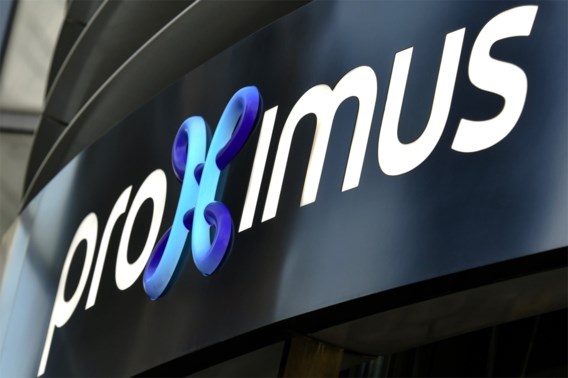Telecommunications companies Orange and Proximus are to create a joint venture allowing them to share mobile network infrastructure, including GSM masts.
The two companies have agreed a term sheet – a paper setting out the terms and conditions of an agreement before the conclusion of a final agreement.
On the one hand, the sharing agreement will save both companies money on the duplication of infrastructure. At the same time, they argue, the arrangement will bring benefits for society and the environment. Customers will benefit from better coverage, especially indoors, and a faster arrival for the next generation 5G mobile coverage.
The sharing, the companies told Trends magazine, “will cause less visual damage and reduce the consumption of energy by about 20%, which is equivalent to the consumption on mobile of about 10,000 families”.
The two companies stressed that they would continue to offer tough competition for each other in the market of products and services.
But Philippe De Backer, federal minister for telecommunications, questioned that promise, pointing out that less competition leads to lower investment and higher prices.
“The costs for installing such a network can certainly go down, and that could be good news for the consumer if investment quickly follows, and if the lower costs find their way into the bills received by customers and businesses,” he writes on his personal website. “But when operators succeed in cutting costs and reducing competition, that may be great news for shareholders, but it’s bad news for consumers.”
The roll-out of 5G is a particular concern, he said. “Proximus and Orange have a very large market share in this segment. Among the larger companies – the first potential 5G clients – they almost have a monopoly. The 5G network they plan on rolling out threatens to become a monopoly network. A lack of competition has already seen to it that Belgium lags years behind in the case of 4G. Belgium occupies only the 24th place in Europe for the percentage of 4G users, and 4G is nowhere in Europe as expensive as Belgium. That has to change.”
The two companies will each own 50% of the joint venture, and promise no jobs will be lost. However 82 full-time employees of Proximus, technicians responsible for network management, will be moved over to the joint venture, a development questioned by unions.
“These people are being obliged to leave a stable company,” one union representative told Trends. “However their activities form part of the core business of Proximus. It looks like the dismantling of the company.”
Alan Hope
The Brussels Times

